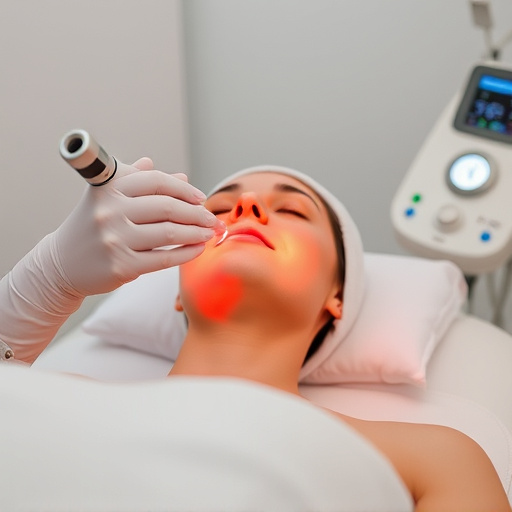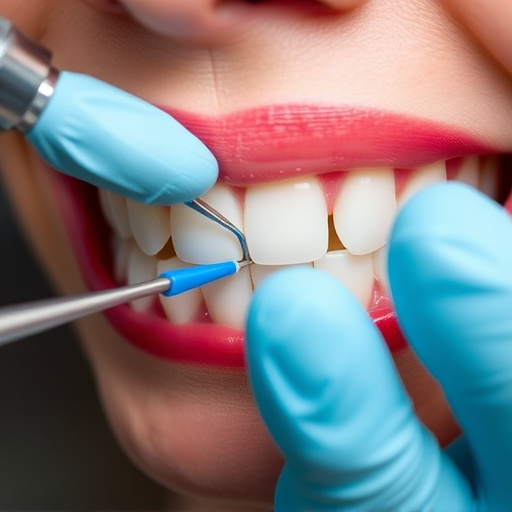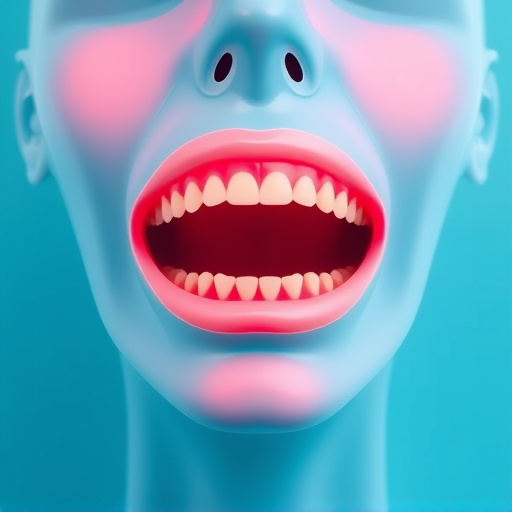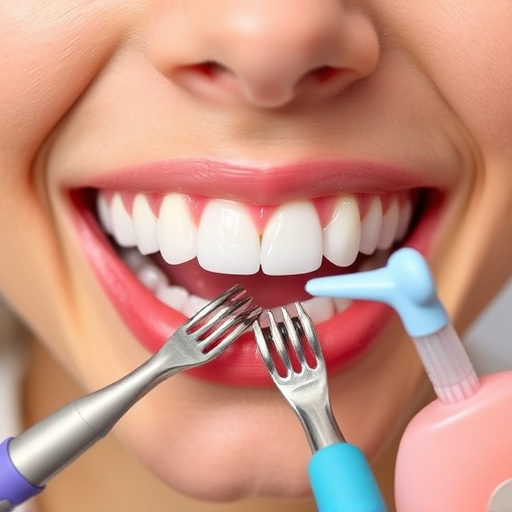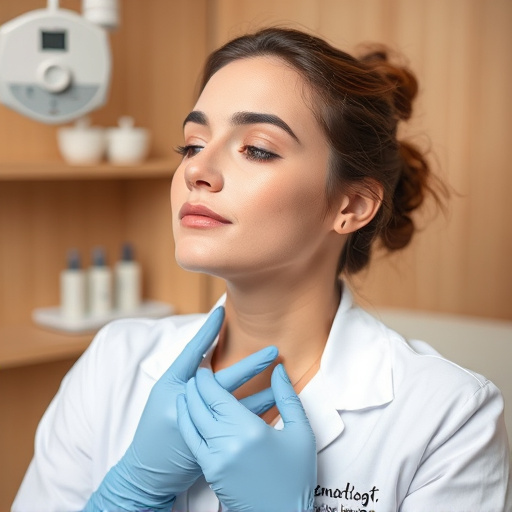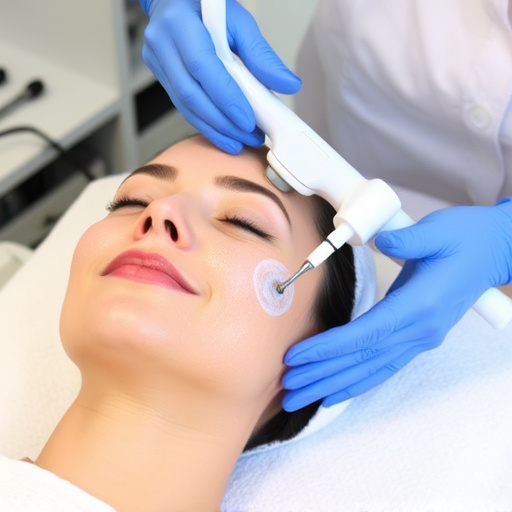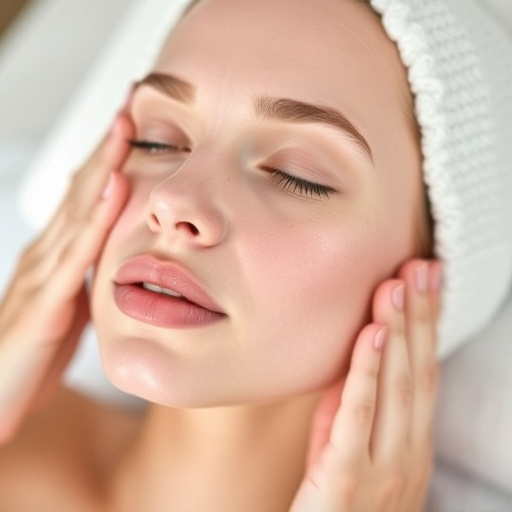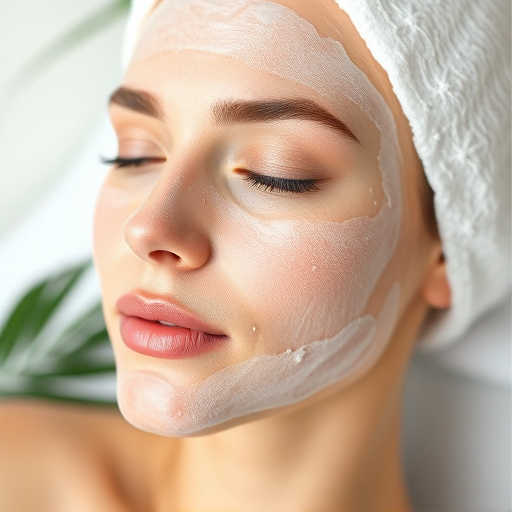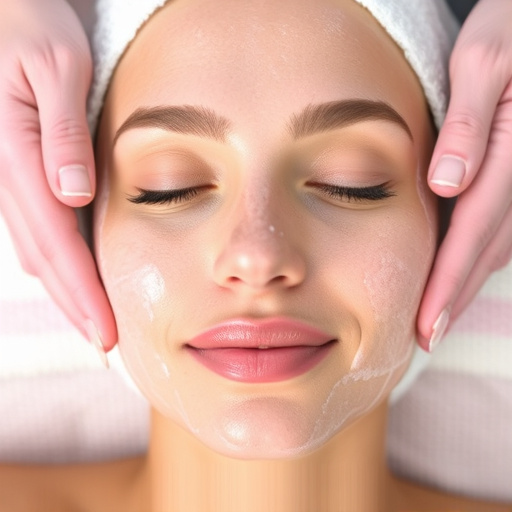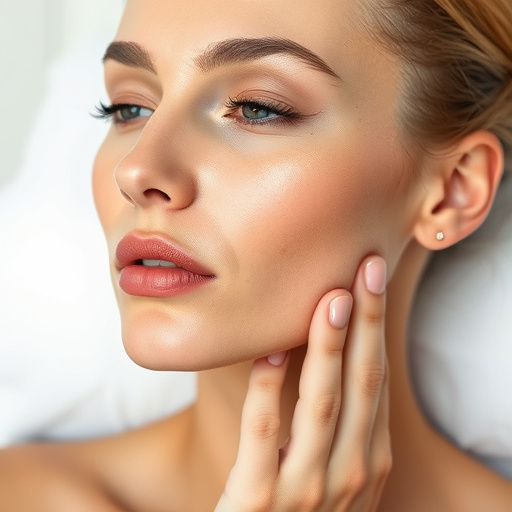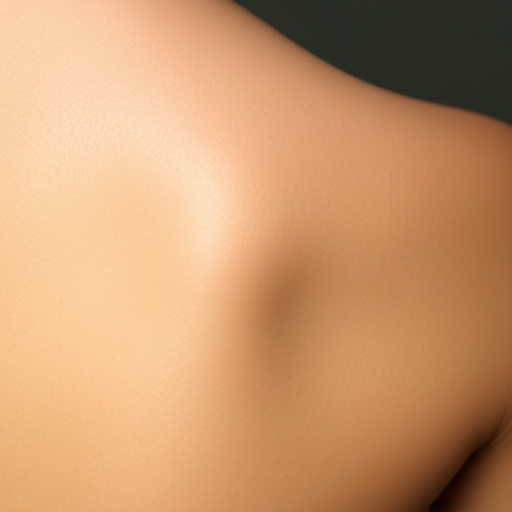Hormonal acne treatment requires a comprehensive approach due to the multifaceted nature of its causes, including hormone fluctuations, genetics, and environmental factors. By addressing these triggers through personalized strategies like dietary changes, lifestyle modifications, targeted facials, and medical interventions, dermatologists can offer effective solutions for improved skin health and clarity. This holistic method involves managing symptoms while promoting long-term hormonal balance to prevent future breakouts.
“Uncover the complex world of hormonal acne, a common yet often misunderstood condition. This comprehensive guide delves into the root causes, offering a clear understanding of the interplay between hormones, diet, and genetics. By exploring these factors, we aim to empower individuals to navigate effective treatment options. From identifying dietary triggers to adopting lifestyle changes, this article provides insights into managing hormonal acne successfully. Discover a tailored approach to achieve clearer skin, addressing the core issues for lasting results in hormonal acne treatment.”
- Unraveling Hormonal Imbalance: The Underlying Factors
- Identifying Triggers: Diet, Lifestyle, and Genetic Predisposition
- Targeted Treatments: A Comprehensive Approach to Hormonal Acne Management
Unraveling Hormonal Imbalance: The Underlying Factors

Unraveling Hormonal Imbalance: The Underlying Factors
Hormonal acne treatment is a complex process that requires understanding the intricate web of hormonal influences on skin health. Beyond surface-level causes, delving into the root causes involves recognizing various factors contributing to hormonal imbalances. These can include fluctuations in estrogen and androgen levels, often linked to menstrual cycles, pregnancy, or menopause in women, and testosterone levels in men. Stress is another significant player, as it triggers the release of hormones like cortisol, which can exacerbate acne.
Genetic predisposition also plays a role, making some individuals more susceptible to hormonal acne. Additionally, certain medical conditions like polycystic ovary syndrome (PCOS) or thyroid disorders disrupt hormonal balance, leading to skin breakouts. The environment further complicates matters; factors such as diet, exposure to pollutants, and even climate can influence hormone production and skin response. For effective hormonal acne treatment, addressing these multifaceted issues is crucial, often requiring a combination of lifestyle adjustments, medical interventions, and non-surgical treatments like hydrating facials or laser hair removal for a holistic approach.
Identifying Triggers: Diet, Lifestyle, and Genetic Predisposition
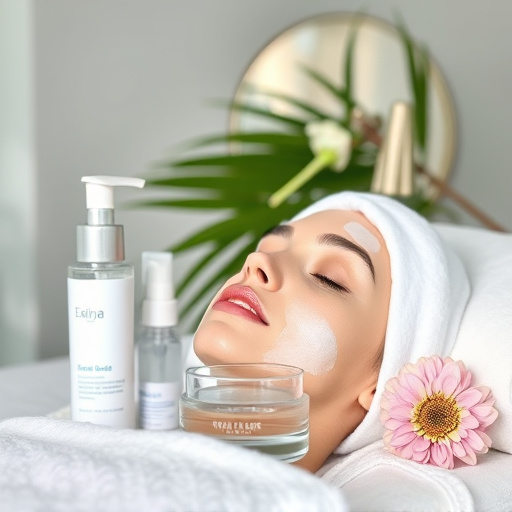
Understanding what triggers hormonal acne is a crucial step in effective treatment. Diet plays a significant role; certain foods can exacerbate acne due to their high glycemic index or presence of inflammatory compounds. A personalized skincare routine, including customized facials and chemical peels, can help mitigate these effects by targeting specific skin concerns and promoting a healthier complexion.
Beyond diet, lifestyle choices matter. Stress, for instance, can disrupt hormonal balance, leading to an increase in acne-causing hormones. Additionally, genetic predisposition is a key factor; if you have a family history of acne, your chances of developing it are higher. Recognizing these triggers allows for the development of a personalized approach to hormonal acne treatment, focusing on diet, lifestyle adjustments, and targeted skincare interventions like chemical peels and customized facials to achieve clearer, healthier skin.
Targeted Treatments: A Comprehensive Approach to Hormonal Acne Management
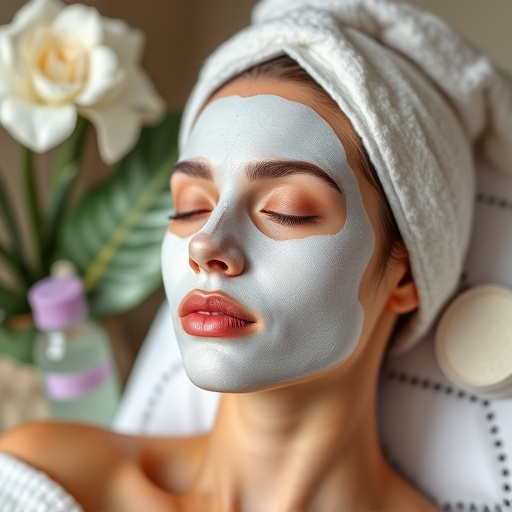
In navigating the complex landscape of hormonal acne treatment, a comprehensive approach is essential. Targeted treatments go beyond conventional methods by delving into the root causes—such as fluctuating hormones, lifestyle factors, and skin care routines—that contribute to this pervasive condition. By understanding these triggers, dermatologists can tailor interventions that extend beyond topical solutions or oral medications. This personalized strategy incorporates various techniques, including customized facials designed to unclog pores, reduce inflammation, and rejuvenate the skin. Additionally, skin tightening procedures and other advanced treatments can address acne scars, enhancing overall facial aesthetics and boosting confidence.
A holistic view of hormonal acne management involves not just treating symptoms but also preventing future outbreaks. Such an approach considers lifestyle modifications like stress management, diet adjustments, and exercise routines, all of which play significant roles in regulating hormones and maintaining skin health. Integrating these comprehensive strategies ensures more effective and lasting solutions for managing hormonal acne, ultimately leading to clearer, healthier skin.
Hormonal acne treatment requires a multifaceted approach that addresses the root causes of hormonal imbalances, identifies personal triggers through diet, lifestyle, and genetic factors, and employs targeted therapies. By understanding these aspects, individuals can effectively manage and reduce hormonal acne, leading to clearer skin and improved confidence. This comprehensive strategy ensures long-term success in combating this common yet treatable condition.
